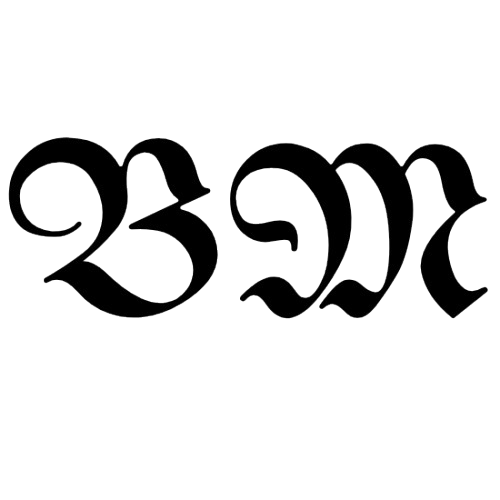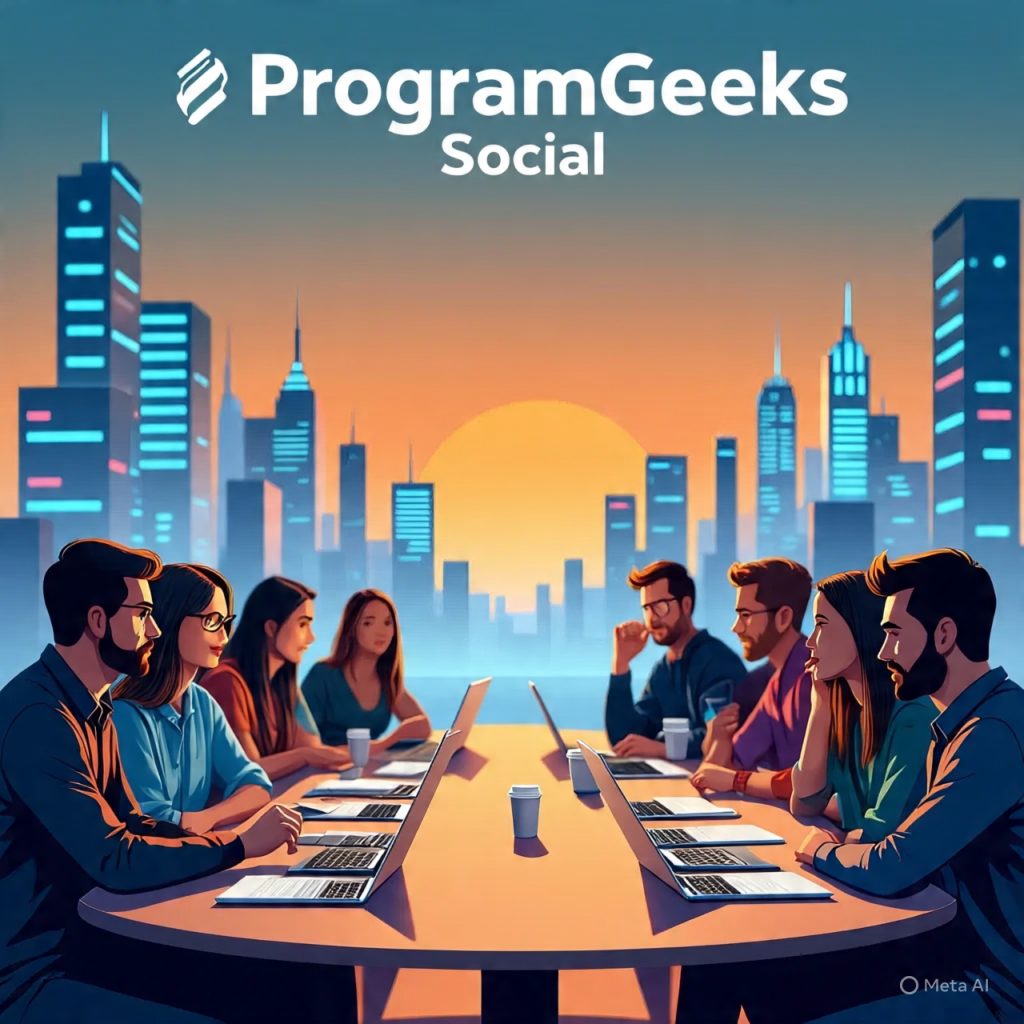In the noisy world of social media—where likes, follows, and memes often dominate—ProgramGeeks Social quietly thrives as a digital haven for technologists, coders, and makers who want more than superficial engagement. Born from a weekend experiment among a few friends, this online platform has blossomed into a bustling, code-fueled community. Whether you’re a Python hobbyist, a full-stack engineer, or someone who just loves hacking together quick projects, ProgramGeeks Social is a place where innovation, feedback, and real connection come naturally.
This article explores the magic of ProgramGeeks Social—what sets it apart from traditional platforms, how it supports creators of all levels, and why so many users describe it as the first online space where they truly feel “at home.”
A Platform Built By Developers For Developers
Unlike generic social networks that attempt to serve every audience under the sun, ProgramGeeks Social was crafted with a single, clear focus: technologists who build things.
It’s not just a feed of content—it’s a working space.
Here, users regularly post:
- Micro-projects they’ve started over the weekend.
- Code snippets and tools they’re testing.
- Quick Q-and-As that get rapid-fire, high-quality answers.
- Collaboration invites for ongoing or spontaneous builds.
- Daily commits or changelogs that track real development progress.
You don’t need to worry about vanity metrics. ProgramGeeks isn’t about followers or reach—it’s about progress, practice, and problem-solving.
Why It’s More Than Just “Tech Twitter”
There are other platforms where devs hang out—Reddit, Twitter (now X), Discord channels—but none of them fully capture the project-centric, hands-on culture that ProgramGeeks fosters.
What sets this platform apart?
1. Micro-Project Showcases
Got a half-working text parser you hacked together in Rust? A new CSS trick? A Raspberry Pi-powered coffee timer? Users post these raw, in-progress projects not to brag, but to invite feedback, forks, and fun. It’s the closest thing to an ongoing global hackathon.
2. Thoughtful Code Reviews
ProgramGeeks Social includes a built-in code review panel, where devs can upload code snippets and get asynchronous feedback. It’s not just about syntax or best practices—users discuss architecture choices, performance tradeoffs, and design patterns, making each interaction a learning opportunity.
3. Ask and Answer Culture
One of the platform’s core values is “you don’t have to be an expert to contribute.” Newcomers post questions without fear of ridicule, and experienced devs respond with empathy and actionable advice. From “Why is my async function not returning?” to “What’s the best framework for a startup MVP?”—no question is too small or too big.
4. Weekend Collabs
On Fridays, the platform lights up with #WeekendBuilds, where users pitch quick projects—think generative art bots, music synthesizers, or lightweight SaaS ideas. By Sunday night, you’ll often see demos, GitHub links, and even working alpha products, built by small teams who just met online.
From Side Project to Social Engine
ProgramGeeks didn’t launch with venture capital or marketing blitzes. It started as a weekend side project by a few friends who wanted a better way to connect over their coding hobbies. The first iteration was little more than a feed, a comment system, and a public repo integration.
But the heart was always there: build together, learn together.
Word-of-mouth growth brought in more like-minded developers, and before long, the founders were handling thousands of sign-ups and feature requests. Today, it’s a robust, self-sustaining ecosystem with integrations for GitHub, GitLab, Replit, CodePen, and more.
Why Newcomers Feel at Home
One of the most common bits of feedback from new users is: “This feels like my people.”
Here’s why that reaction is so common:
• No Ego, No Pressure
It’s not a space for personal branding or tech posturing. Everyone’s there to explore, tinker, and grow, whether you’re fresh out of a bootcamp or leading cloud architecture for a major company.
• Curated, Not Algorithmic
Posts aren’t sorted by engagement metrics but by community relevance and topic tags. You see more of what you care about—whether it’s AI, cybersecurity, web design, or embedded systems—and less clickbait noise.
• Friendly Culture
Moderation on ProgramGeeks is both light-touch and community-driven. Trolls and toxic comments are rare, and many users mention how refreshing it feels to participate without fear of hostility or gatekeeping.
• Open Doors for Collaboration
Whether you’re looking for a co-founder, a UI designer, or just someone to help debug a tricky regex, the platform encourages open collaboration with low friction.
Key Features of ProgramGeeks Social
- Live Code Blocks: Share runnable snippets with syntax highlighting.
- Project Journals: Track your progress with daily logs or dev diaries.
- Event Streams: Follow real-time builds during hackathons or sprints.
- Resource Hubs: Community-curated libraries of tools, APIs, and tutorials.
- Mentorship Circles: Connect with mentors for weekly one-on-one feedback.
What’s Next for ProgramGeeks?
According to the founding team, the roadmap includes:
- Mobile app development (currently web-only)
- Private team spaces for dev groups and startups
- AI-assisted code review bots with GPT integration
- Badge systems for contributors and top reviewers
- Global meetups and virtual hackathons
The vision isn’t just to grow in size, but to scale the intimacy and authenticity that made the platform popular in the first place.
Conclusion
At a time when most social platforms prioritize content virality over community connection, ProgramGeeks Social stands as a rare example of human-centered technology. It’s not about feeding an algorithm—it’s about feeding your curiosity.
It’s a place where no idea is too small, no question too basic, and no project too weird. Whether you’re bootstrapping your first SaaS, experimenting with WebAssembly, or just trying to make your portfolio site less ugly, ProgramGeeks Social welcomes you with open arms and eager minds.
It may have started as an experiment among friends, but today, it’s a home for thousands of builders around the world—and it’s just getting started.
FAQs About ProgramGeeks Social
Q1: Is ProgramGeeks Social free to use?
Yes, the platform is currently free and open to all developers and technologists.
Q2: Do I need to be an expert to join?
Absolutely not! The community welcomes beginners, students, professionals, and everyone in between.
Q3: Can I link my GitHub account?
Yes, the platform supports integrations with GitHub, GitLab, and other repositories for seamless project sharing.
Q4: Is this a replacement for Stack Overflow or Reddit?
Not exactly. It’s more like a developer clubhouse, where quick questions, builds, and collaborations happen in real time.
Q5: How do I join a #WeekendBuild project?
Just follow the tag on Fridays, comment on a project, or post your own pitch. Collaboration is casual and welcoming.

Theo Louse
I am Theo Louse. My skills are dedicated to the field of technology information and try to make daily lives more enjoyable. With more than 12 years of experience with BM, we are particularly famous for 100% self-developed ideas. Over these years, we have worked to make everyday life more convenient for the fast-paced world we live in.

